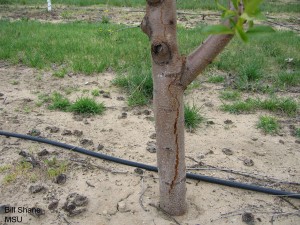There are two remaining farm food safety workshops scheduled for the 2014 growing season.
Wednesday March 19, 9:00 – 4:00
Introduction to Food Safety and Third Party Audits
Rutgers Snyder Research Farm, Pittstown
$40.00 includes materials and lunch
RSVP with 3/19/14 registration form
Wednesday March 26, 9:00 – 4:00
GAPs and Farm Food Safety Writing Workshop
Rutgers Cooperative Extension of Mercer County
$40.00 includes materials and lunch
RSVP with 3/26/14 registration form

